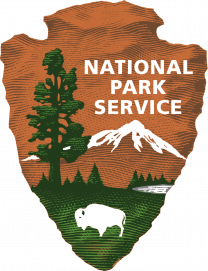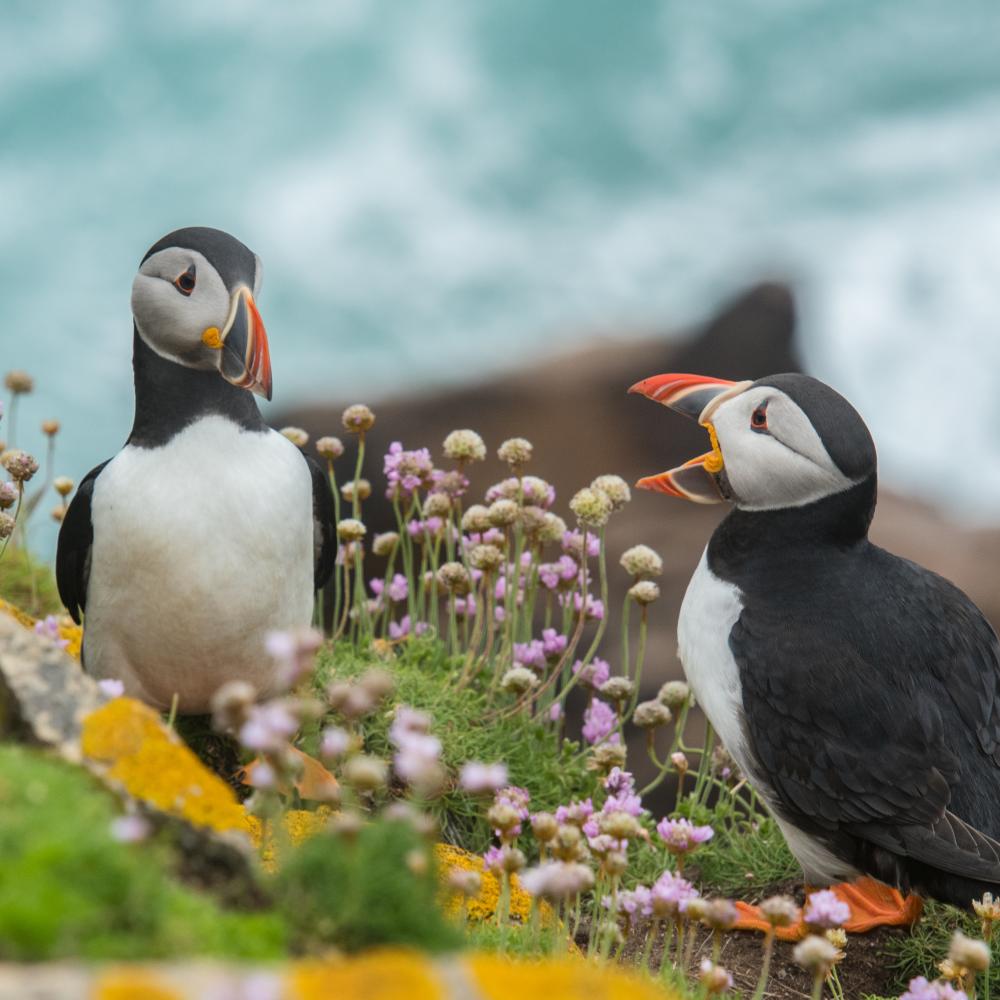Acadia National Park Virtual and In-Person Presentations for Middle School
- Acadia National Park
- Grades 5-8
Grades 6-8: Between the Tides
What happens to marine animals when the tide goes out? Learn about the challenges that these animals face at low tide and how their adaptations help them to survive. (1 hour)
Grades 6-8: Marine Chemistry
Sea water is more than just H2O (water) and NaCl (salt). It is also made up of minerals, nutrients, and dissolved gasses that marine plants and animals need to survive. Learn about the chemistry of the ocean and why it is so important to marine and human life. (1 hour)
Grades 6-8: Weather Forecasting
Tune in for an interactive program of learning and fun, exploring the weather in Acadia National Park and your local area. Prepare to be blown away by learning how weather works, and how it changes and influences our environment! (45 minutes)
Grades 5-6: Pond Ecology/ Citizen Scientists at Work!
Learn how scientists track the health of Acadia by looking at who is living in a pond! Discover how you can help inventory the plants and animals that live near you! (45 minutes)
Grades 6-8: Geology: A Story Written in the Landscape
The story of Acadia's formation involves colliding continents, ancient oceans, intruding magma chambers, and bulldozing glaciers. We will investigate the rocks and the landscape to learn about Acadia's dynamic story of past and ongoing change. (45 minutes)
Grades 7-8: Physics in Nature!
Light, Water, & Sound Waves in Action!
Examine how light, sound, and mechanical waves affect habitat patterns. Discover animal adaptations that use waves to hunt or protect themselves! (Part I: 45 minutes, Part II: 45 minutes)
Grades 6-8: Tracking Acadia’s Seasons – Climate Change & Phenology
Students will learn about phenology and why it’s important in helping us understand interrelationships of organisms. We will explore seasonal/cyclic changes of plants and animals and the impacts related to climate change while gaining exposure to the concept of citizen science. (45 minutes)

